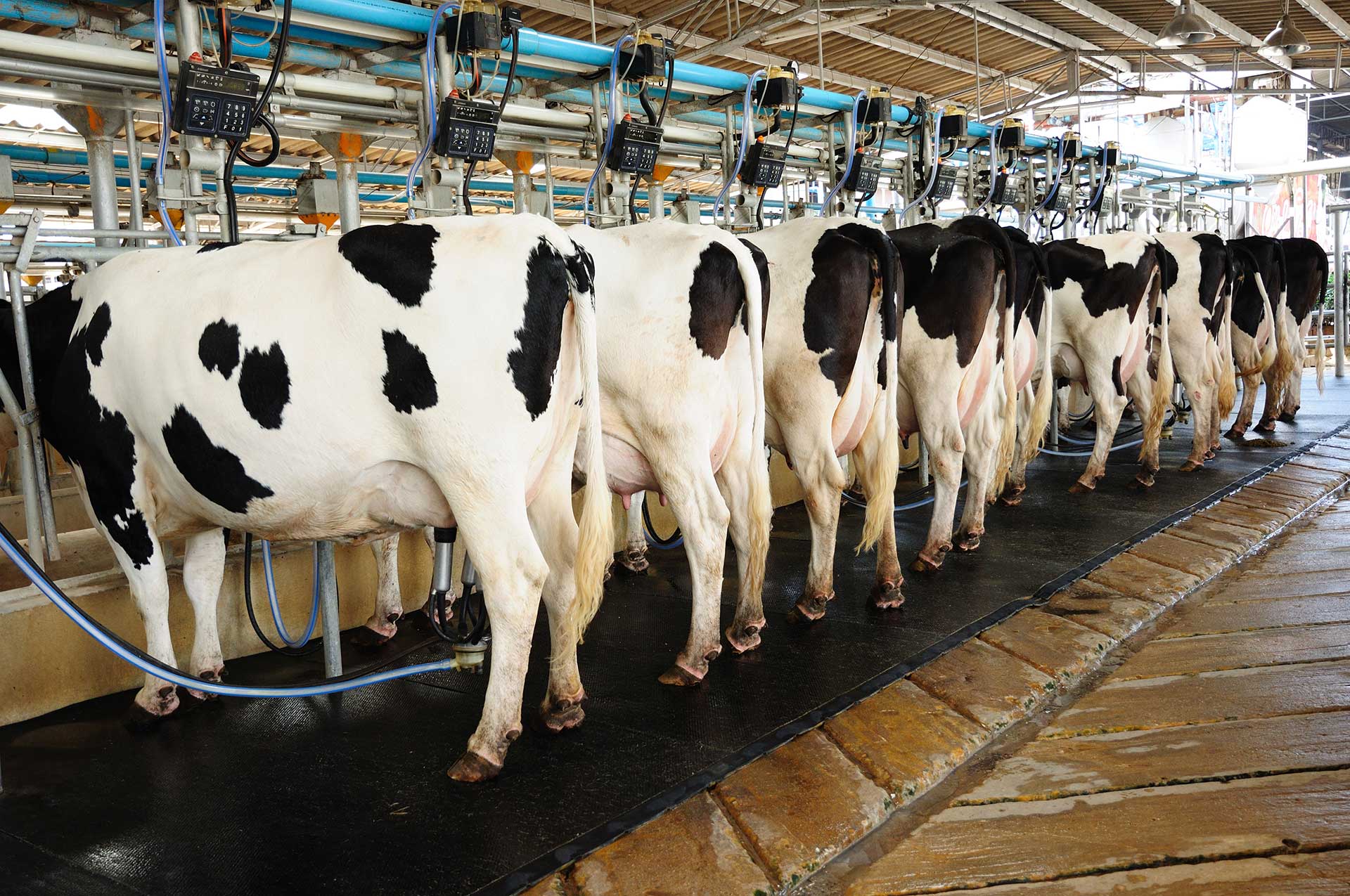Mycotoxin (Aflatoxin M1) Testing in Milk
The presence of mycotoxins, particularly aflatoxin M1, in dairy products poses significant challenges to the agricultural and food industries. Aflatoxin M1 is a potent toxic metabolite produced by certain molds that can contaminate animal feed, including grains and legumes used for livestock production. This contamination can lead to the transfer of aflatoxins into milk through the cow's metabolism, posing health risks to both consumers and dairy animals.
Mycotoxin testing in milk is a critical process for ensuring food safety and compliance with international standards such as ISO 6523:1987. This standard outlines methods for determining aflatoxin M1 levels, which are particularly relevant given the potential health risks associated with its presence in dairy products.
The testing process begins with the collection of milk samples from farms or processing plants. These samples must be handled carefully to avoid contamination and degradation of the mycotoxins present. Proper sample preparation is crucial for accurate analysis, which typically involves extraction techniques such as liquid-liquid partitioning followed by clean-up steps like solid-phase extraction.
The detection methods used in our laboratory include both quantitative and qualitative approaches. Liquid chromatography-tandem mass spectrometry (LC-MS/MS) is the preferred method due to its high sensitivity and selectivity, allowing for precise quantification of aflatoxin M1. This technique ensures accurate measurement even at trace levels.
The use of LC-MS/MS enables us to not only detect the presence of aflatoxin M1} but also quantify it according to established guidelines. Our laboratory adheres strictly to these standards, ensuring that all results are reliable and compliant with international regulations.
Our team of experienced analysts ensures that every test is conducted under rigorous quality control measures, using state-of-the-art equipment calibrated regularly against certified reference materials. This approach guarantees consistent and accurate results, providing peace of mind for our clients.
In addition to testing individual batches or shipments, we offer comprehensive monitoring programs designed specifically for dairy producers looking to maintain strict quality assurance practices throughout their supply chain. Such programs help identify trends over time, allowing for proactive management strategies that reduce the risk of contamination.
By leveraging advanced technology and adhering strictly to internationally recognized standards, our laboratory provides reliable mycotoxin testing services aimed at safeguarding public health while supporting sustainable agricultural practices.
Industry Applications
| Application | Description |
|---|---|
| Dairy Processing Plants | Ensure compliance with regulatory limits on aflatoxin M1 in milk. |
| Dairy Farmers | Monitor feed quality and ensure that it does not contribute to contamination of dairy products. |
| Retailers and Distributors | Verify the safety of dairy products before they reach consumers. |
| Regulatory Bodies | Evaluate compliance with national or international standards regarding mycotoxin levels. |
| Agricultural Research Institutions | Study the impact of different feed sources on milk quality and safety. |
| Dairy Exporters | Meet import country requirements for aflatoxin M1 in dairy products. |
| Retail Food Chains | Provide assurance to consumers about the safety of purchased dairy products. |
Environmental and Sustainability Contributions
The testing for mycotoxins like aflatoxin M1 plays a vital role in promoting environmental sustainability within the agricultural sector. By identifying contaminated feed early, farmers can take corrective actions to prevent further contamination of their herds' diets. This not only protects animal health but also ensures that downstream products remain safe and free from harmful contaminants.
Through our testing services, we contribute significantly to reducing waste associated with contaminated crops by facilitating more informed decision-making around crop rotation and pest management practices. This helps minimize the environmental footprint of agriculture while enhancing food safety standards globally.
In addition, our efforts align closely with broader sustainability goals set forth by organizations like FAO (Food and Agriculture Organization) and WHO (World Health Organization), which emphasize reducing risks from mycotoxins in both developed and developing countries. By adhering to these guidelines, we help foster a safer food system that supports long-term agricultural productivity and economic stability.
Our commitment to environmental stewardship extends beyond just testing; it involves educating stakeholders about best practices for managing mycotoxin risks across various stages of production, processing, storage, and distribution. This proactive approach fosters greater awareness among all parties involved in the dairy supply chain, ultimately leading to more sustainable outcomes.
Competitive Advantage and Market Impact
In today’s competitive market, maintaining high standards of product quality is essential for any business operating within the agricultural or food industry. Our specialized mycotoxin testing services give dairy producers an edge by providing them with valuable insights into potential contamination issues early on in their supply chain.
By offering rapid turnaround times and detailed reports based on cutting-edge analytical techniques, we enable our clients to make informed decisions quickly. This agility allows businesses to respond swiftly to any emerging challenges or opportunities, staying ahead of competitors who may lag behind in adopting similar practices.
The ability to detect even trace amounts of aflatoxin M1 ensures that products meet strict regulatory requirements and consumer expectations regarding safety and quality. This builds trust with customers, enhances brand reputation, and contributes positively towards market positioning.
Moreover, by supporting sustainability efforts through our testing services, we position ourselves as leaders in responsible business practices. This aligns us closely with trends toward eco-friendly operations and socially conscious consumption patterns among consumers worldwide.





